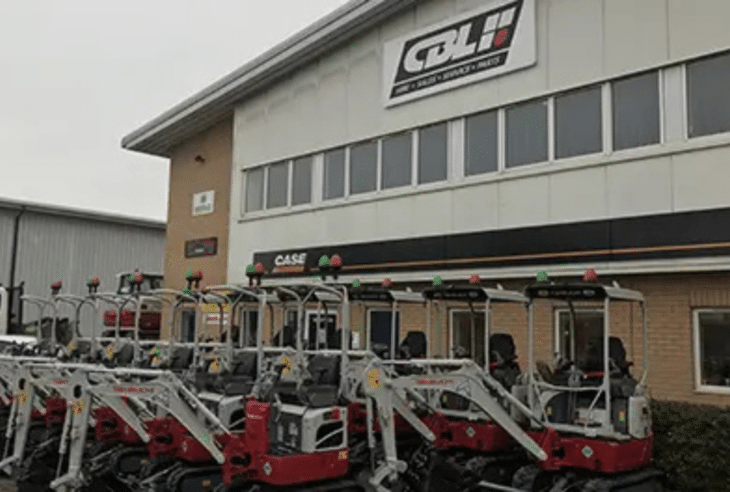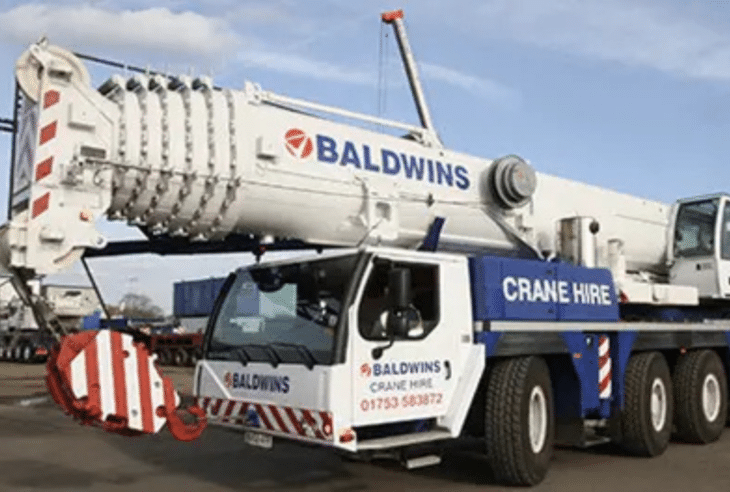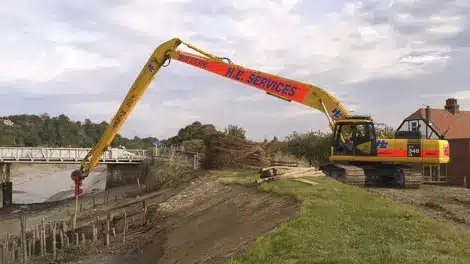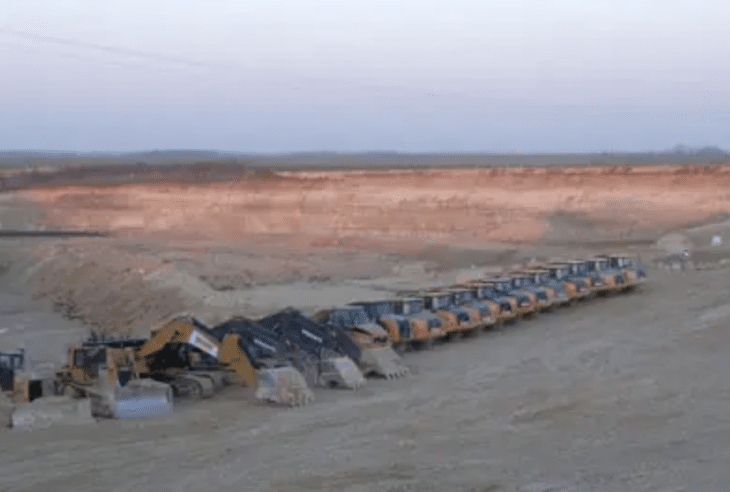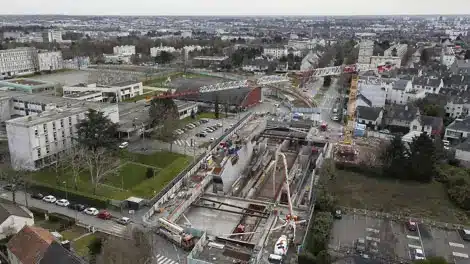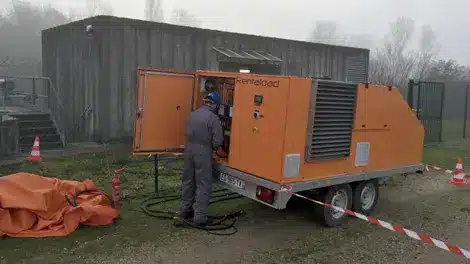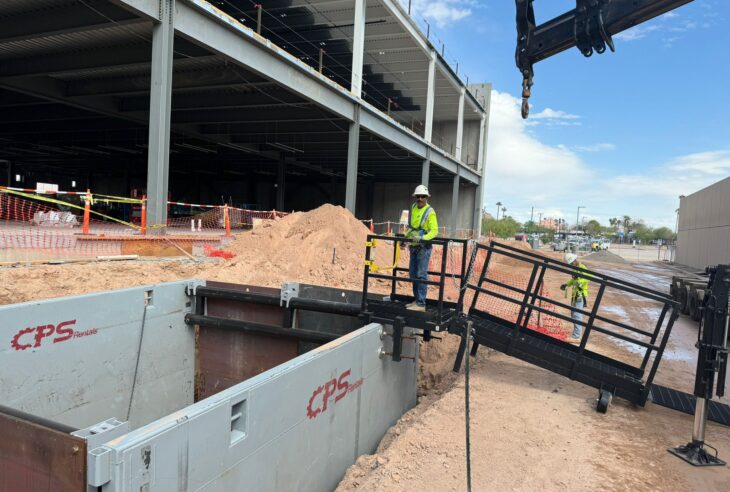Sectors > Construction
Digitalize your business with construction rental software
Designed to meet the unique needs of the construction industry, MCS Rental Software provides the digital tools you need to manage equipment, staff, and customer relationships.
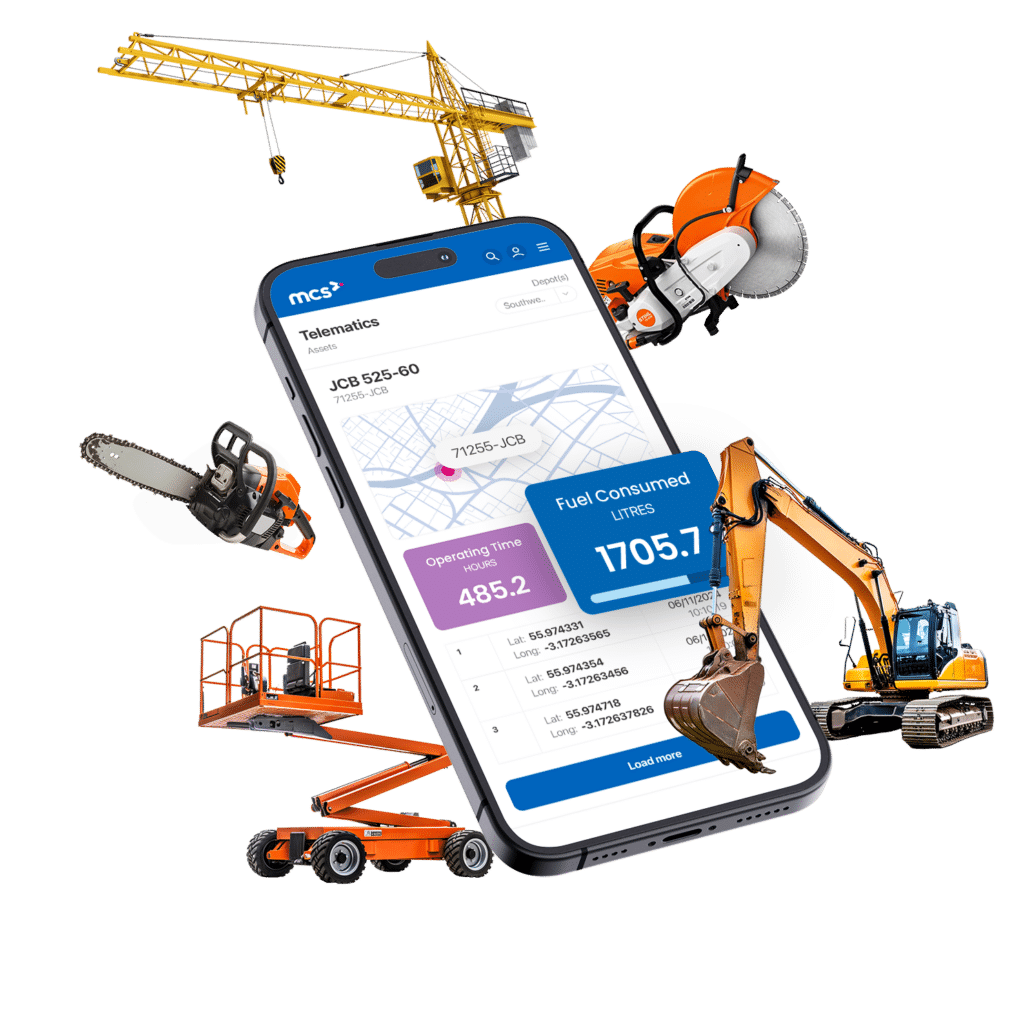
Transform your construction rentals
Digitalizing your construction rental business has never been easier with construction rental software, that supports mobile apps and digital signatures. Real-time reporting and business intelligence empower you to make strategic decisions with confidence, keeping you in full control of your operations.
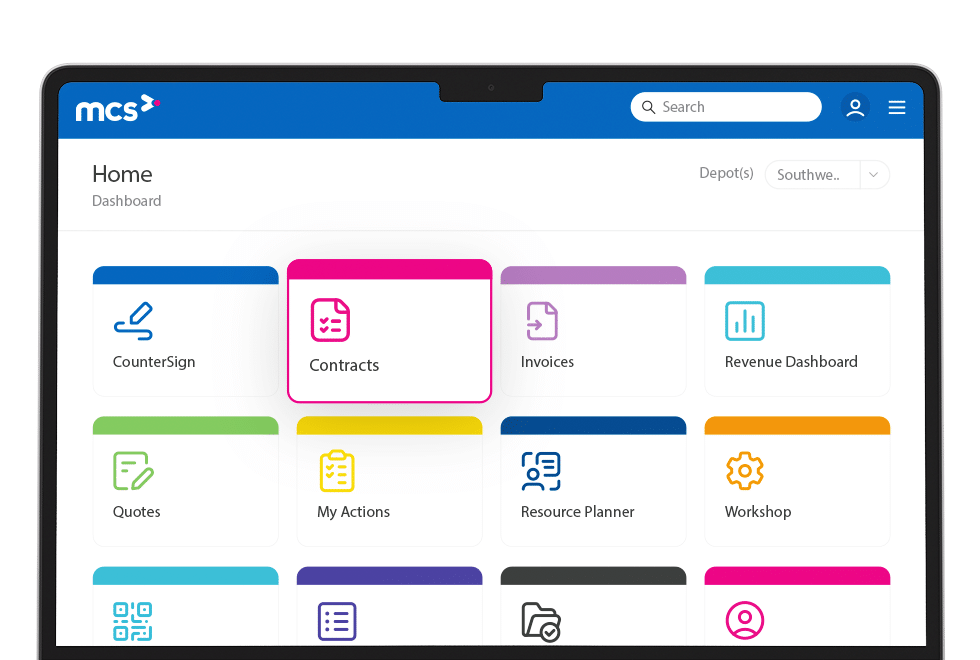
Keep Your Equipment Rental-Ready
Maintain the safety and reliability of your construction assets by managing expiring safety certificates, scheduled equipment maintenance, and damage repairs. Streamline returns by categorizing equipment as needing cleaning, repair, or replacement, with automatic charging for a seamless process.
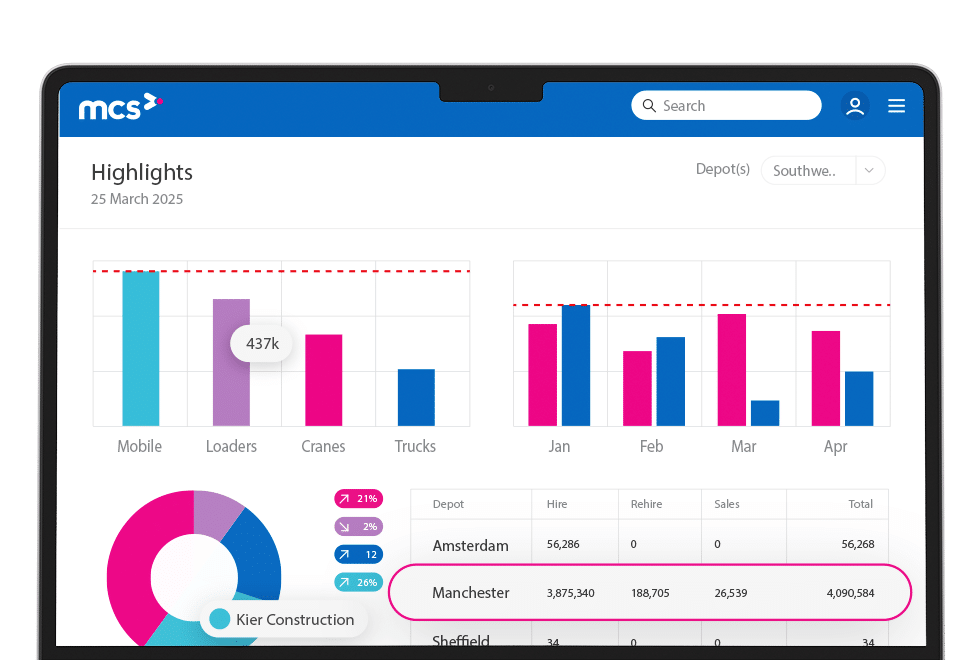
Optimize Workforce Productivity
Gain full visibility of your construction fleet with real-time driver updates, allowing transport managers to allocate tasks to the most suitable team members and adjust schedules for last-minute requests. Easily track staff qualifications to ensure every job is matched with the right expertise.
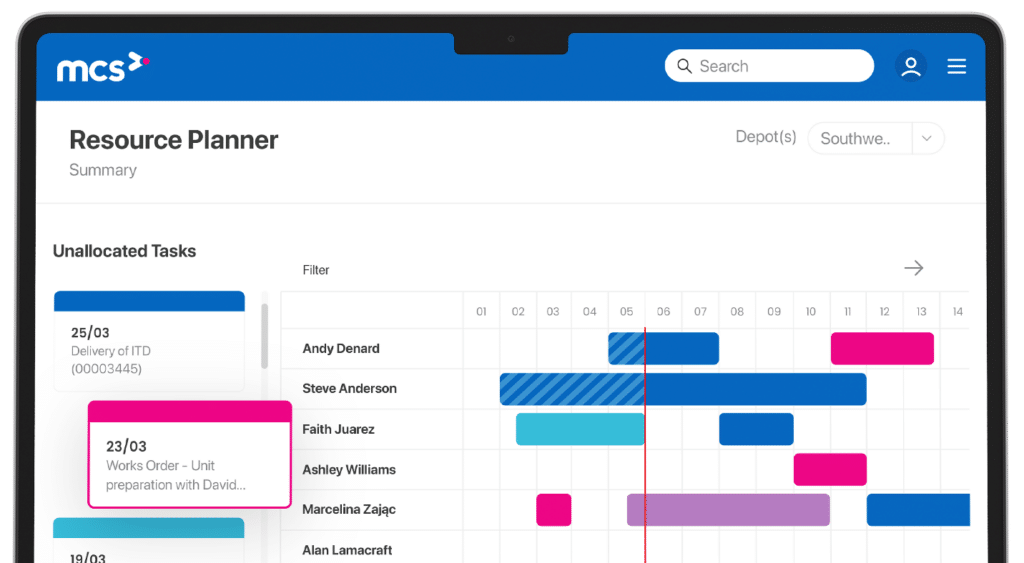
Strengthen customer relationships
Provide an outstanding customer experience with a fully integrated CRM in your construction rental software that centralizes rental agreements, transactions, and communications. Effortlessly track customer preferences, respond to enquiries promptly, and gain insights into your sales pipeline to boost conversions.
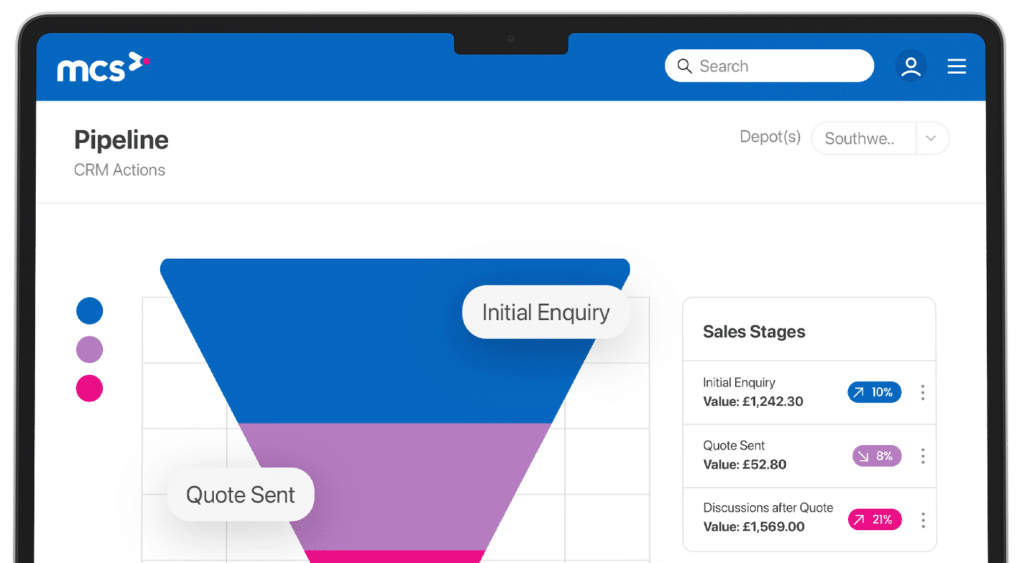
Construction Rental Software Solutions
Construction case studies
Ready to elevate your rental business?
Connect with our expert team to discover how MCS Rental Software can drive your success. We’re here to answer your questions and help you find the perfect solution.



